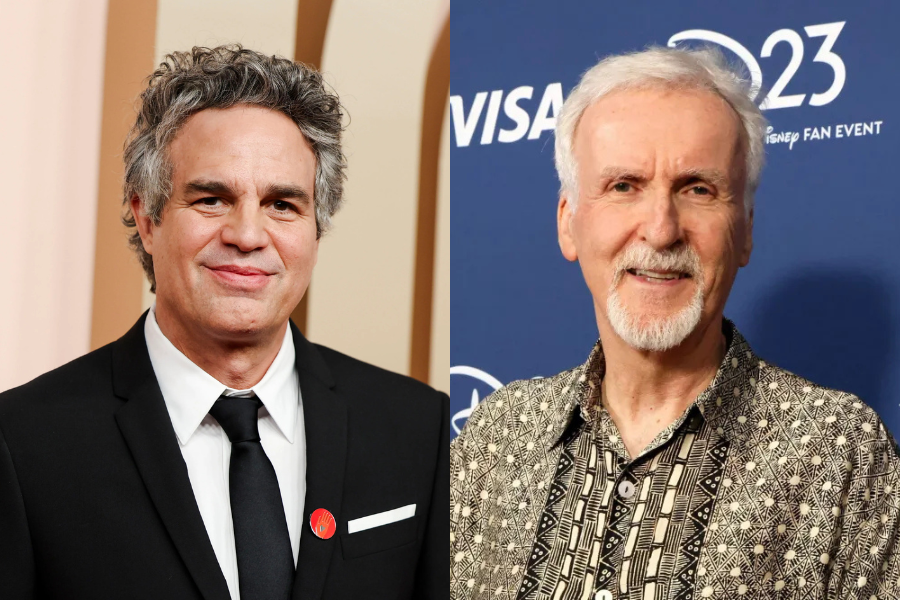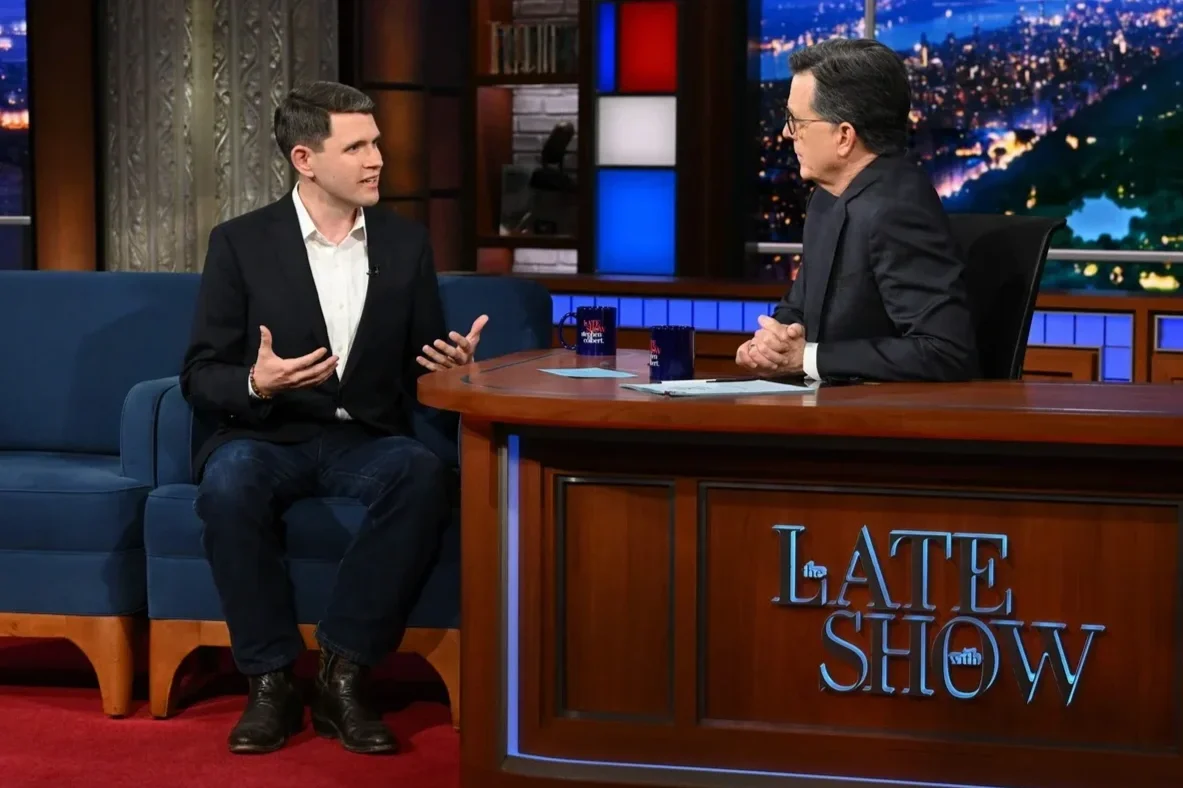Why Hollywood Focuses On Remakes, Sequels, And Live Action Adaptions In 2024
Courtesy of Disney.
Hollywood is littered with remakes, reboots, sequels and (if your Disney) multiple live action adaptions. However, those almost never live up to expectations, nor do they surpass the original films. So why does Hollywood keep pumping them out? Three words: box office income.
Hollywood prioritizes remakes and sequels for financial security, audience preferences, and risk mitigation.
Here’s our breakdown:
Proven Success & Familiarity
Lower Risk: Established franchises, whether through sequels or remakes, come with built-in fanbases and recognition. A familiar title often translates into box office success because audiences are more likely to pay for something they already know and love.
Brand Recognition: Well-known properties reduce the marketing burden. It's easier (and cheaper) to promote a sequel to a famous film or a remake of a beloved classic than to build awareness for an entirely new concept.
Nostalgia Factor
Audience Connection: Nostalgia is a powerful driver of consumer behavior. Many people have emotional connections to older films, so a remake can tap into those feelings, encouraging viewers to see an updated version of something they cherish.
Multi-Generational Appeal: Remakes and sequels often appeal to both original fans and younger audiences. Parents might introduce their children to modernized versions of movies they loved, creating a cycle of generational viewing.
Franchise Potential & Merchandising
Merchandising Opportunities: Sequels and remakes often come with opportunities for expanded merchandise, from toys to video games to theme park attractions. Franchises like Marvel or Star Wars generate massive revenue outside of just box office earnings.
Extended Universes: Studios can build entire cinematic universes around successful franchises. The success of the Marvel Cinematic Universe (MCU) is an example of how sequels, spin-offs, and interconnected stories generate long-term profitability.
Global Market Appeal
International Box Office: Global audiences are more likely to watch something they recognize. Hollywood studios rely heavily on international markets, and well-known titles often perform better overseas, where audiences might be less interested in original, local content.
Pre-Existing Appeal: Remakes of older successful movies, especially those with global recognition, have the advantage of pre-existing global appeal.
Streaming and Content Demand
Streaming Platforms: With the rise of streaming platforms, the demand for content has exploded. Studios find it safer to fill these platforms with remakes and sequels, knowing they have an audience. Familiar titles can attract subscribers and keep them engaged.
Binge-Worthy Franchises: Sequel-based franchises are ideal for streaming, where audiences enjoy binge-watching multiple installments.
Creative Stagnation & Financial Pressures
Safe Bets Over Innovation: Original ideas are seen as riskier investments, especially for big-budget films. The cost of a Hollywood blockbuster has skyrocketed, and studios often feel safer investing in familiar material rather than risking failure with new concepts.
Pressure to Deliver Profits: Major studios are often parts of larger corporations with shareholders and profit expectations. Sequels and remakes provide a clearer financial projection than original movies with unknown audience reactions.
Intellectual Property (IP) Ownership
Maximizing Existing IP: Studios own the rights to a vast library of past films, TV shows, and characters. Rather than letting these properties gather dust, they can recycle and modernize them to squeeze more value from the IP they already control.
Long-term Exploitation of IP: Some franchises are designed to be long-term cash cows. Whether it’s reboots, remakes, or expanding the story with sequels, Hollywood studios seek to maximize returns from their intellectual properties.
In essence, remakes and sequels are safer investments, provide built-in audiences, and allow for significant merchandising and franchise opportunities. While critics and cinephiles might lament the lack of original storytelling, from a business perspective, this approach minimizes risk and maximizes returns in an increasingly competitive and costly entertainment landscape.
TRENDING NEWS











